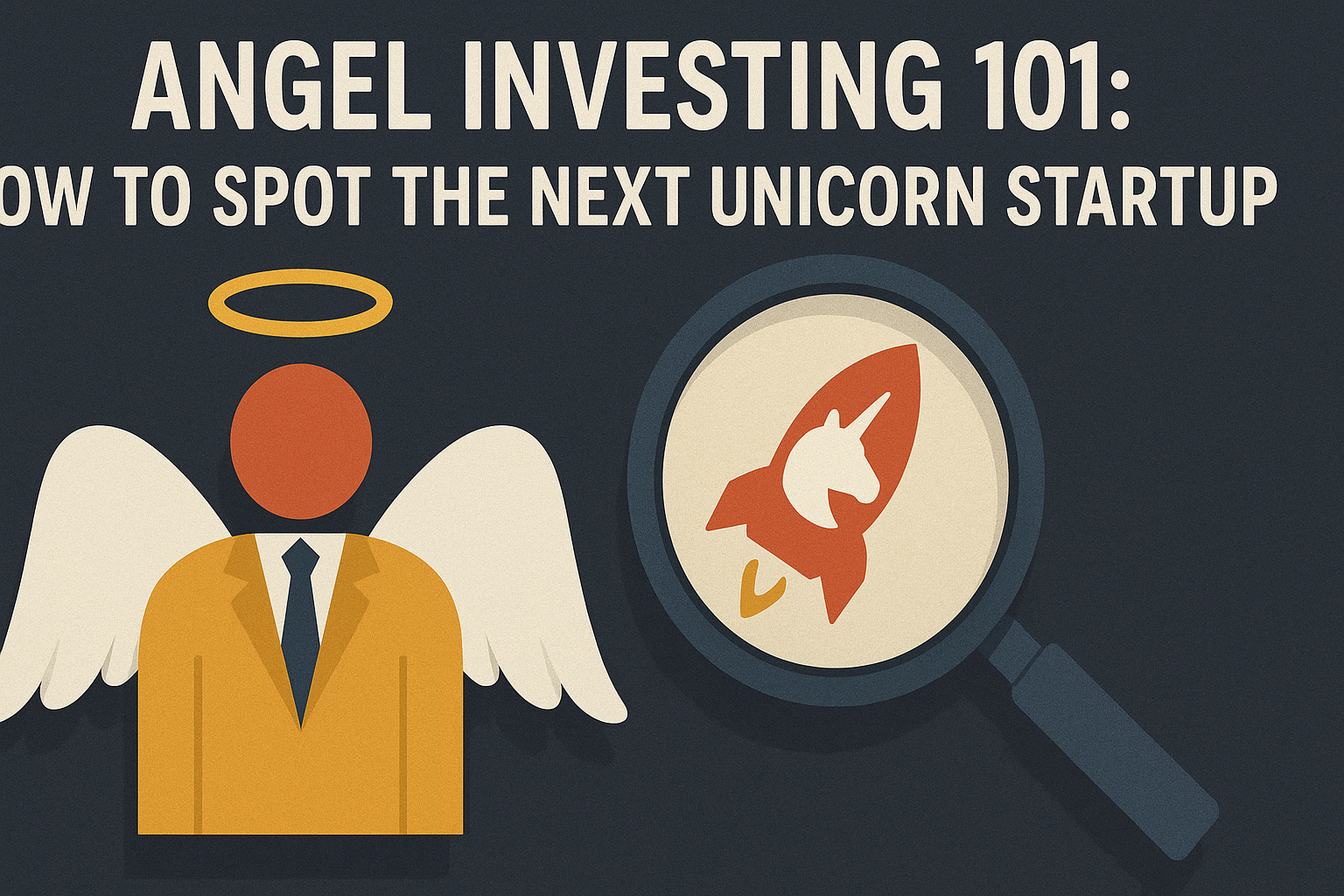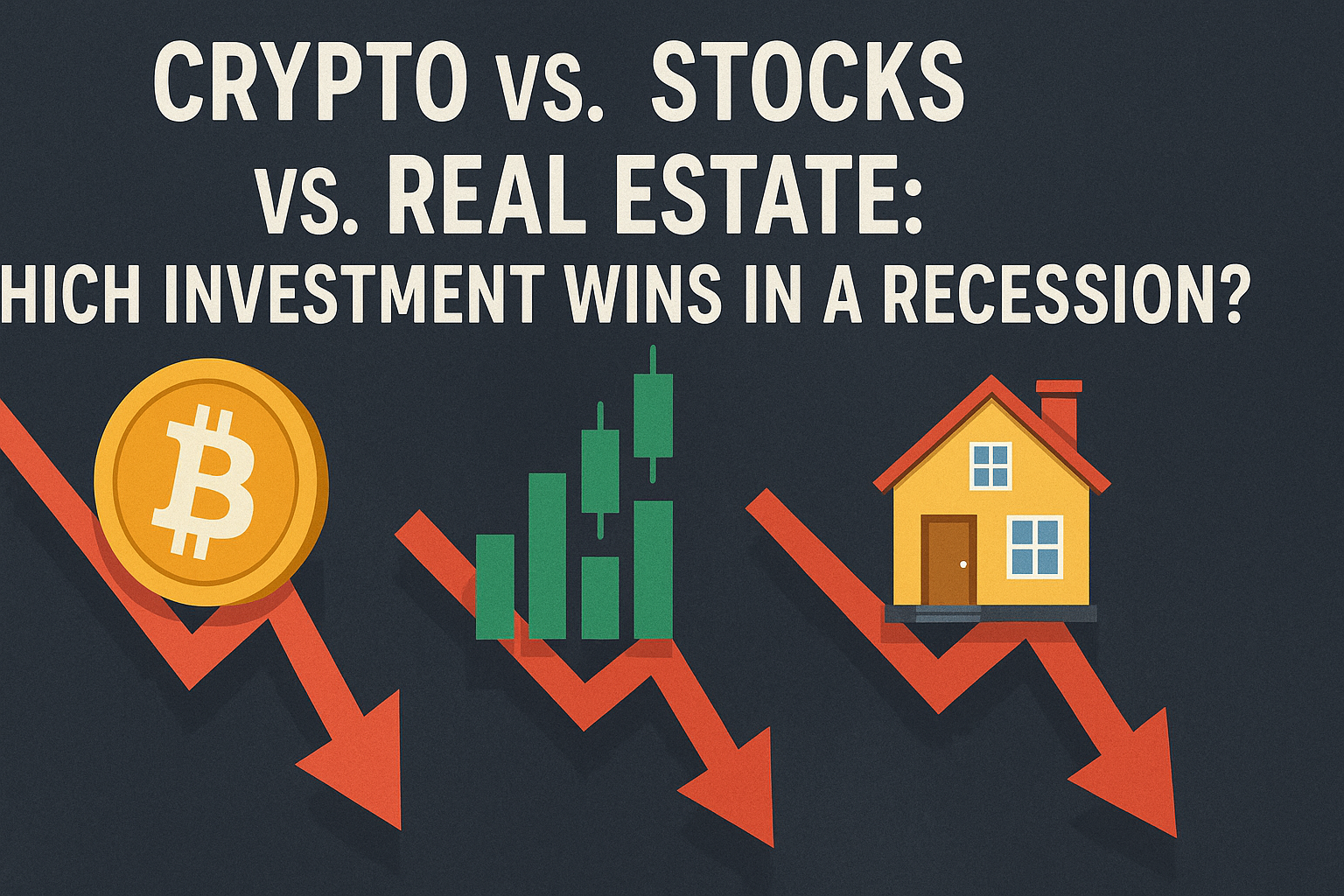1. What is Compound Interest?
-
Simple Interest: Earn returns only on your initial investment.
-
Example: 1,000at550/year (forever).
-
-
Compound Interest: Earn returns on your initial investment + accumulated interest.
-
Example: $1,000 at 5% =
-
Year 1: $1,050
-
Year 2: 1,102.50(intereston1,050)
-
Year 10: $1,628.89
-
-
Key Idea: Your money grows exponentially, not linearly.
2. The Mind-Blowing Math of Starting Early
Scenario 1: Early Starter (Age 25)
-
Invests $300/month at 8% annual return.
-
Stops contributing at age 35 (total invested: $36,000).
-
By age 65: $503,000 (yes, without adding another dollar!).
Scenario 2: Late Starter (Age 35)
-
Invests $300/month at 8% until age 65.
-
Total invested: $108,000.
-
By age 65: $447,000.
The early starter invested 1/3 as much but ended up with more money!
3. How to Maximize Compound Interest
Start Now (Even With Small Amounts)
-
5/day∗∗investedat81.1M by 65.
-
100/month∗∗at8349,000 by 65.
Choose High-Growth Investments
-
Stocks/ETFs (7-10% historical returns): Best for long-term compounding.
-
Dividend Reinvestment (DRIP): Automatically buys more shares.
Avoid These Killers of Compounding
❌ Withdrawing early (Resist the urge to cash out!).
❌ High fees (1-2% fees can cost you hundreds of thousands over time).
❌ Waiting to start (Every year delays costs massive future gains).
4. Real-Life Examples
-
Warren Buffett: Started at 11, owns ~$100B+ today.
-
Grace Groner: Secretly turned 180∗∗into∗∗7M by holding stocks for 75 years.
5. Where to Invest for Compounding
| Investment | Expected Return | Best For |
|---|---|---|
| S&P 500 Index Fund (e.g., VOO, SPY) | ~10% long-term | Hands-off investors |
| Growth Stocks (e.g., Tech) | 12%+ (higher risk) | Aggressive investors |
| Dividend ETFs (e.g., SCHD) | 7-9% + dividends | Passive income seekers |
| Roth IRA/401(k) | Tax-free growth | Retirement savings |
Key Takeaways
✔ Start NOW—Time is your biggest advantage.
✔ Be consistent—Small, regular investments win.
✔ Reinvest everything—Let interest compound untouched.
✔ Think decades, not days—Patience pays.



Leave a Reply